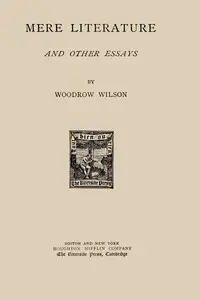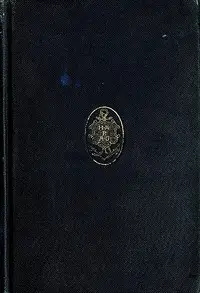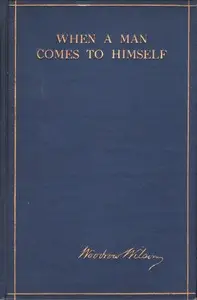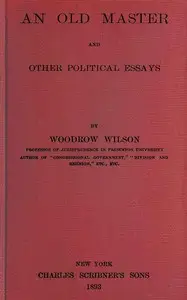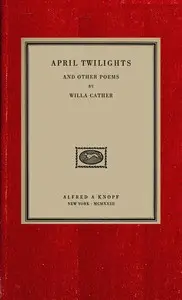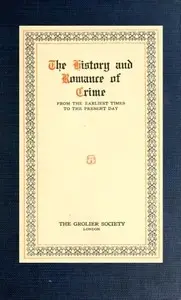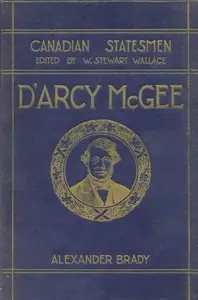"The New Freedom" by Woodrow Wilson is a political treatise written during the early 20th century, specifically in the progressive period of American history. The work aims to discuss the vital subjects concerning the modern political landscape, emphasizing the need for public engagement and self-governance. The central themes revolve around the reawakening of the American spirit and the transformation of its politics to cater to the people's needs rather than those of powerful interests. The opening portion of "The New Freedom" sets the stage for Wilson's vision of a changing America, highlighting how the nation has evolved dramatically over the past few decades. He critiques the existing political formulas that fail to address the complexities of contemporary society, particularly the relationship between individual workers and large corporations. Wilson argues that a new economic society requires a reexamination of laws and practices governing labor and capital, pushing for policies that support the interests of the average citizen rather than the elite. He articulates a sense of urgency for a revolutionary change, advocating for a government that is representative of and responsive to the general population, while cautioning against the entrenched special interests that have dominated American politics. (This is an automatically generated summary.)
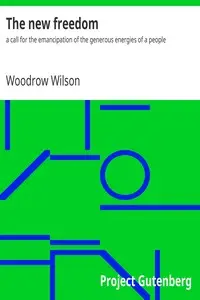
The new freedom : $b a call for the emancipation of the generous energies of a people
By Woodrow Wilson
"The New Freedom" by Woodrow Wilson is a political treatise written during the early 20th century, specifically in the progressive period of American ...
Genres
Released
2005-01-26
Formats
epub
epub3 (images)
epub (images)
mobi
mobi (images)
Free Download
Overview
About the Author
Thomas Woodrow Wilson was the 28th president of the United States, serving from 1913 to 1921. He was the only Democrat to serve as president during the Progressive Era when Republicans dominated the presidency and legislative branches. As president, Wilson changed the nation's economic policies and led the United States into World War I. He was the leading architect of the League of Nations, and his stance on foreign policy came to be known as Wilsonianism.
Total Reviews
10.0k
Total reviews from Goodreads may change

